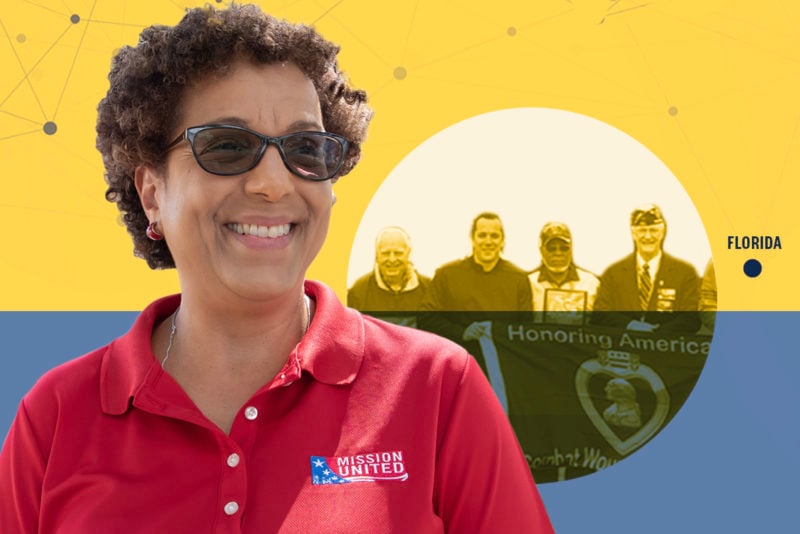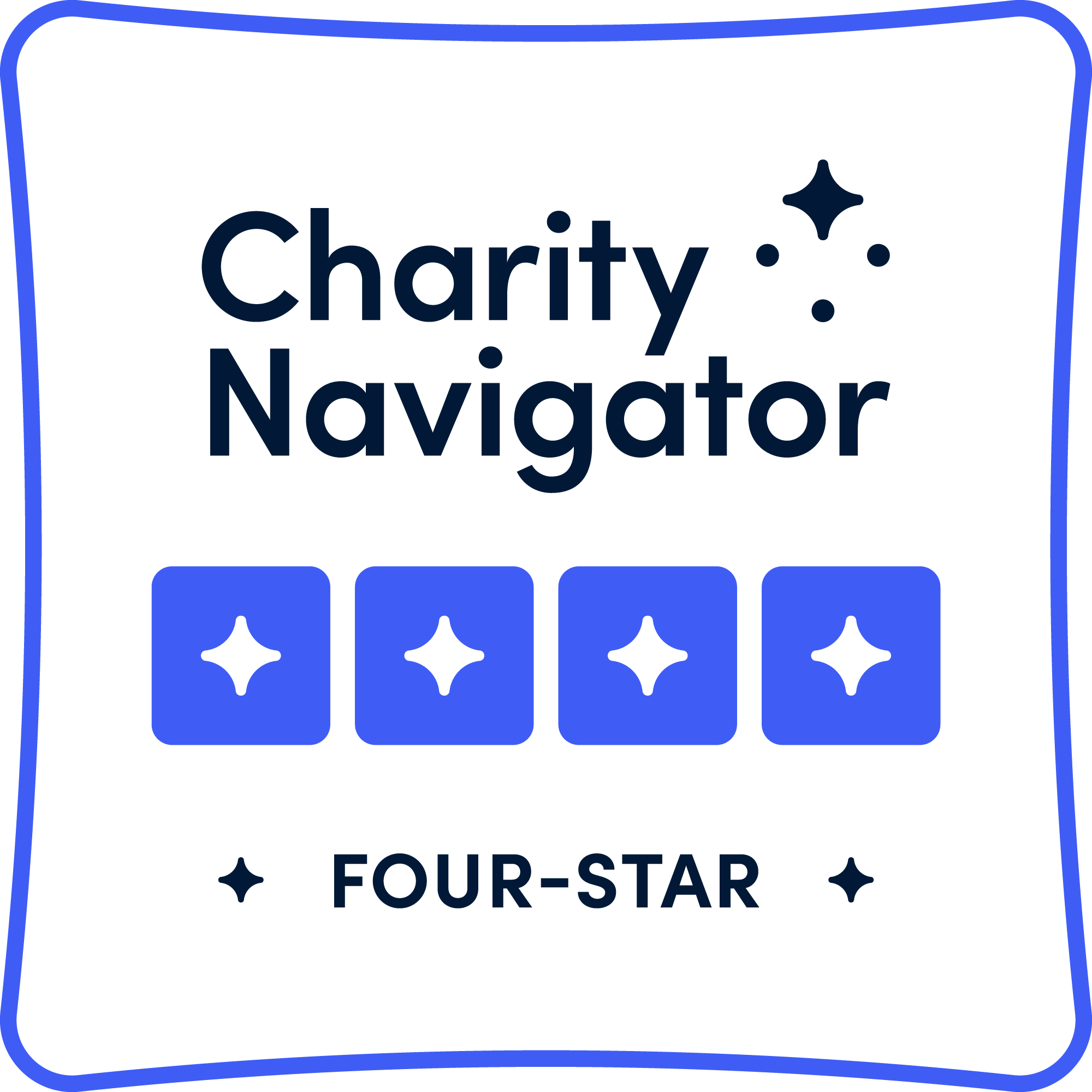Effectively Serving Veterans Shouldn’t Be a Solo Mission

Note: This article refers to National Veterans Intermediary. As of November 1, 2020, National Veterans Intermediary is the Bob Woodruff Foundation Local Partner Network.
When service members separate or retire from the military, more than 45,000 organizations and individuals support their transition to civilian life.
This series explores how communities collaborate across public, private, business, and social sectors to connect the systems that serve veterans. They do so by leveraging the principles of collective impact. The individuals featured are members of National Veterans Intermediary (NVI) Local Partner collaboratives.
Laura Whitfield joined the Marines out of high school. While stationed in Tokyo, she earned a bachelor’s degree and worked as a broadcast journalist. Yet her transition back to civilian life was bumpy.
In the military, “when I needed something, I could go to my commanding officer. This person provided guidance on the resources on base,” Whitfield said. “It was a close-knit community where we supported one another.” Once she returned to the US, “I didn’t have a full sense of ‘OK, what do I do now?’. [Instead], I had a sense of confusion,” Whitfield recalled. “I didn’t have any idea how to connect with an organization that helped veterans.”
Today, Whitfield is the director of the Miami-Dade chapter of Mission United. This United Way program helps veterans navigate local services and resources. The nonprofit operates as a coordination center. Veterans go there when they need help — from finding steady work and affordable housing to accessing healthcare and legal services.
Since its launch in 2013, Mission United has helped more than 12,000 veterans and their families. But Whitfield and her team know there’s more they can do.
An estimated 40,000 veterans currently live on the streets and nearly 25% have a disability resulting from their service. Roughly 6,000 veterans die by suicide each year.
To better help more veterans, Mission United partners with a number of diverse organizations across the private and public sectors. Whitfield leads a group effort, in which she leverages each partnering organization’s unique strengths to benefit the most people. This is essential to Mission United’s success. Known as “collective impact,” this approach refers to a coordinated cross-sector collaboration structured to achieve measurable impact on social issues.
“We all want to offer comprehensive services that address the needs of veterans and their families. In addition , we want to reduce the barriers they face when returning to their communities,” Whitfield said.
“We share data and information about our capacity to provide these services. And we work together to fill gaps so that veterans aren’t turned away because the community has reached a threshold,” said Whitfield. She adds that a key component to success is continuous follow-up with veterans to ensure they’re getting the help they need.
Within this network of nonprofits, corporations and government agencies, Mission United serves as the Backbone. The organization not only acts as a coordination center for veterans needing assistance, it also sets the strategic focus and vision for the collective.
Currently, Whitfield is retooling the program in Miami, with input and feedback from Mission United’s partners. Her hope is that Mission United can help service members prepare for life after the military, even while on active duty. That includes preemptively networking and forging connections with other people — and fellow veterans — in their communities back home. Once that happens, “[veterans] don’t feel so alone and isolated,” Whitfield said. “They’ve got their tribe.”
For her part, Whitfield is encouraged by the strides Mission United is making.
“I know that we have the right [partners] at the table because there is buy-in to a shared vision, willing participation and engagement, ownership of results and trust among partners,” she said.
Although Whitfield only recently joined the Miami chapter of Mission United, she’s all-in on the nonprofit’s collective impact approach. In the future, she said, “we’ll focus on developing strategies and aligning on a system of measurement in a way that celebrates the contribution of all of the ecosystem partners in helping veterans achieve fulfilling and productive lives after serving.”
This article was produced in partnership with NVI. NVI’s Local Partner network is the nation’s largest, most diverse, and most inclusive network of communities committed to the successful integration of veterans and military families. Learn more about NVI here.









